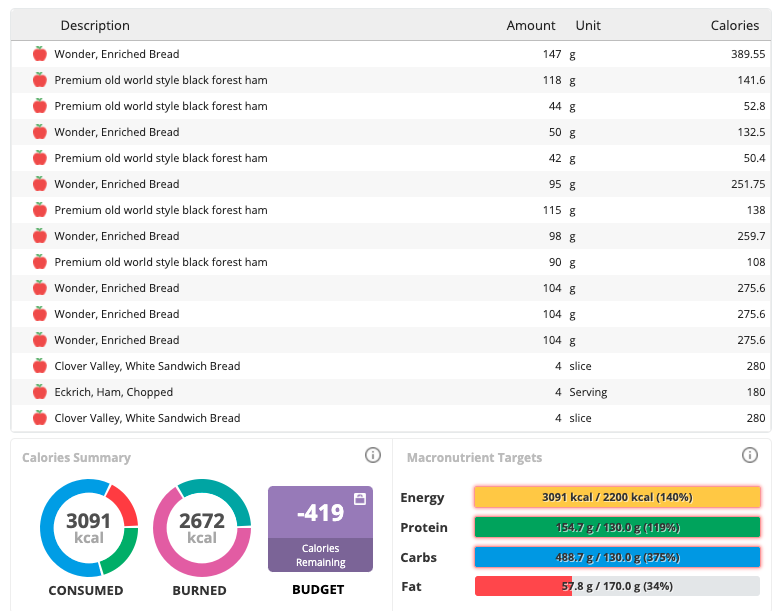
1/ Long running thought exp'nt:
If a drug did many of the same things with one's lipid profile as a #LowCarb diet, particularly decreasing triglycerides while increasing #LDL #Cholesterol:
1) Would it reduce ASCVD risk?
2) And if so, would it be more acceptable than #LowCarb?
If a drug did many of the same things with one's lipid profile as a #LowCarb diet, particularly decreasing triglycerides while increasing #LDL #Cholesterol:
1) Would it reduce ASCVD risk?
2) And if so, would it be more acceptable than #LowCarb?
2/ If you haven't heard, SGLT2 Inhibitors have recently emerged and have been gaining a lot of popularity. Data thus far shows they typically:
1) Decrease TG levels
2) Increase #LDL #Cholesterol levels
... yet...
3) Reduce risk for cardiovascular disease
1) Decrease TG levels
2) Increase #LDL #Cholesterol levels
... yet...
3) Reduce risk for cardiovascular disease
3/ Naturally, that has the attention for those of us interested in how triglyceride trafficking and turnover could be relevant to #LDL increasing for what may turn out to be non-pathogenic reasons (kinda my focus ;) )
CholesterolCode.com/model
But wait -- it get's better...
CholesterolCode.com/model
But wait -- it get's better...
4/ Investigations with animal models lend even greater weight to the proposed mechanism of the model:
"... due to reduced clearance of LDL from the circulation and greater lipolysis of triglyceride-rich lipoproteins."
ncbi.nlm.nih.gov/pmc/articles/P…
"... due to reduced clearance of LDL from the circulation and greater lipolysis of triglyceride-rich lipoproteins."
ncbi.nlm.nih.gov/pmc/articles/P…

5/ So while I know they'll be politics as to whether high LDL due to Rx should be more preferable to high LDL due to fat-adaptation, I'm *especially* interested in how SGLT2i operates in similar fashion in demonstrating what we've hypothesized with the model...
6/ If the reason for higher LDL is due to greater relative lipolysis and turnover of its precursor as VLDL, then this may further support the #LipidEnergyModel -- and even give a clue on what we might see with CVD risk outcome in this regard.
7/ Ofc, #LMHRs typically have #LDL substantially higher than trial populations for SGLT2i. Thus, if true that #LDL is independently pathogenic, it would presumably exceed benefit as per the existing medical expectation.
<Insert obligatory reminder of our coming #LMHRstudy here>
<Insert obligatory reminder of our coming #LMHRstudy here>
• • •
Missing some Tweet in this thread? You can try to
force a refresh




